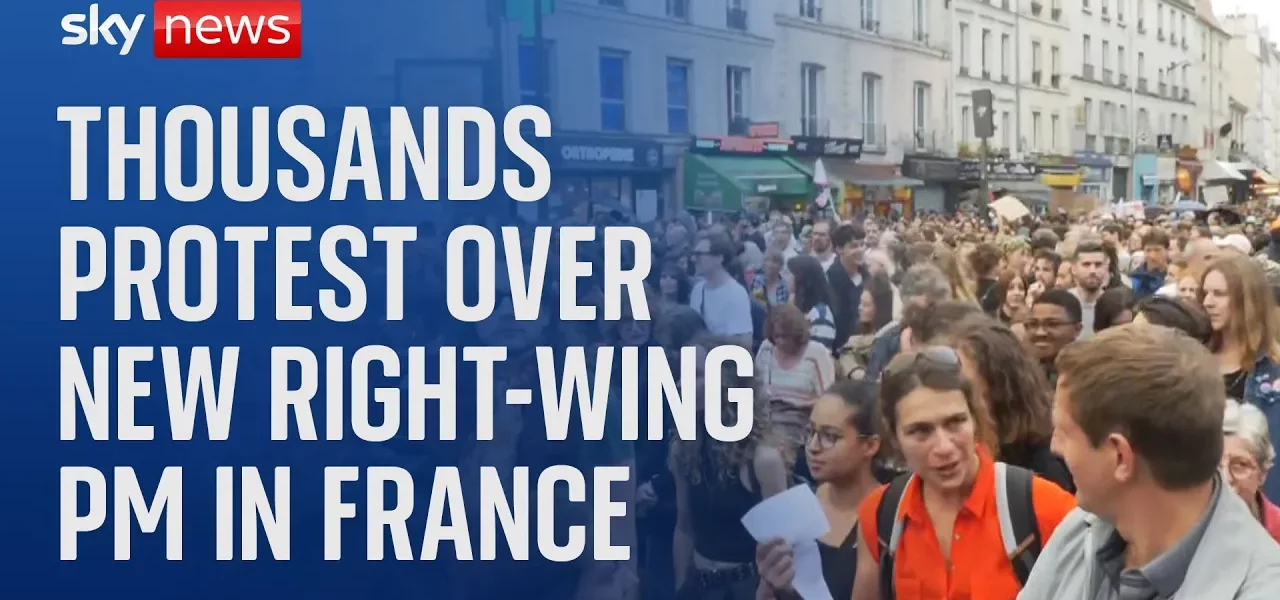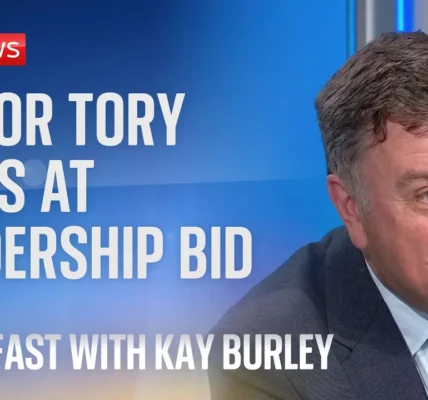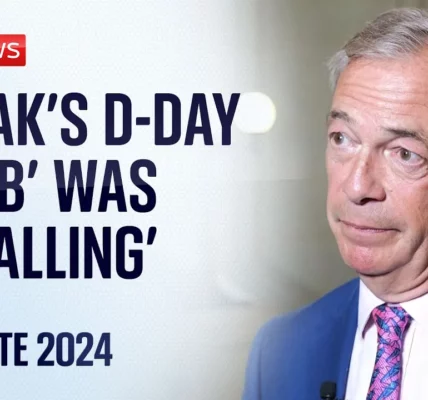Paris Protests: The Appointment of Michel Barnier as Prime Minister

The recent protests in Paris have sparked widespread debate and unrest, primarily due to President Emmanuel Macron’s controversial appointment of Michel Barnier as Prime Minister. This article delves into the details of the protests, the political implications, and the public sentiment surrounding this significant event in French politics.
Introduction
On the bustling streets of Paris, a vibrant yet tense atmosphere enveloped the city as thousands gathered to express their dissatisfaction with President Emmanuel Macron’s decision to appoint Michel Barnier as Prime Minister. This protest marks a crucial moment in contemporary French politics, revealing deep-seated frustrations among various factions, including unions, student groups, and leftist activists. As demonstrators marched from Place de la Bastille to Place de la République, the streets echoed with chants and calls for political reform, reflecting a broader discontent with current governmental structures.
The Context of the Protests
The protests are rooted in the political landscape of France, which has seen increasing polarization and dissatisfaction with leadership decisions. Emmanuel Macron’s choice of Michel Barnier—a figure associated with the political right—has ignited outrage among left-leaning factions who feel marginalized. The following subsections outline the key elements surrounding this protest.
Political Background
Michel Barnier’s appointment is significant for several reasons:
- He previously served as the chief negotiator for Brexit, gaining notoriety in European political circles.
- His conservative stance is at odds with the left’s recent electoral success, which raises questions about democratic representation.
- The inconclusive parliamentary elections further complicate the political landscape, leaving many feeling disenfranchised.
Public Sentiment
The public reaction has been overwhelmingly negative, with many expressing feelings of betrayal and anger:
- Many see Barnier’s appointment as an affront to democratic principles.
- Protesters argue that Macron’s decision undermines the voters’ choice in the parliamentary elections.
- Activists are concerned about the implications for future governance and policy-making.
The Scale of the Protests
Estimations suggest that between 25,000 and 30,000 individuals participated in the protests across 130 locations in France. This widespread mobilization indicates a significant level of anger and frustration among citizens. The protests are not solely confined to Paris but resonate throughout the country, with various groups uniting under the banner of political reform.
Unity Among Diverse Groups
The protests have garnered support from a variety of factions, including:
- Leftist political groups
- Labor unions advocating for workers’ rights
- Student organizations concerned about their future
- Activists promoting social justice and equality
The Future of Michel Barnier’s Premiership
As the dust settles from the protests, questions loom over the viability of Barnier’s tenure as Prime Minister. His ability to navigate the turbulent political waters and appease dissenting voices will be critical to his success. Key challenges ahead include:
Political Challenges
Barnier must address several pressing issues:
- Building consensus among the left and right to pass critical legislation.
- Managing public dissatisfaction and restoring trust in the government.
- Implementing budget cuts while maintaining essential services.
Public Expectations
The expectations from the public are high, and Barnier faces scrutiny from both ends of the political spectrum:
- He must demonstrate effective governance to quell protests.
- Strategically navigate his relationship with Emmanuel Macron, who is eager to preserve his reforms.
- Respond to the needs and concerns of the diverse groups that participated in the protests.
Conclusion
The recent protests in Paris highlight the growing discontent among citizens regarding political representation and governance. As Michel Barnier steps into his role as Prime Minister, he faces formidable challenges that could shape the future of French politics. The situation remains fluid, and it is crucial for Barnier to engage with the public and listen to their concerns to ensure stability moving forward. For those interested in the evolving political landscape of France, staying informed and involved is essential. Join the conversation and share your thoughts on this pivotal moment in French history.
“`




